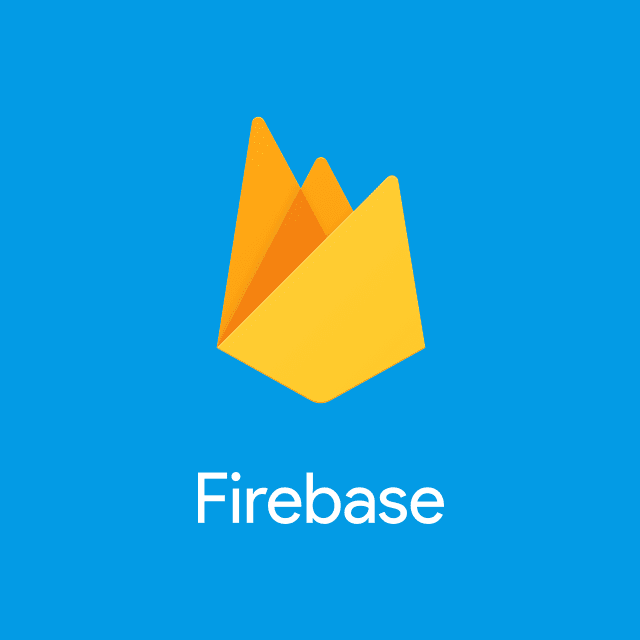Keycloak vs. Firebase
Keycloak
Keycloak is an open source identity and access management solution. It supports Keycloak single-sign-on and OpenID Connect or SAML 2.0 Identity Providers (Google, Facebook, GitHub etc).
Firebase
Google's Firebase is an entire app development platform that's packed with features.It comes with storage, cloud functions, monitoring and, of course, user authentication. The free tier comes with 50,000 MAUs. Beyond that pricing start at $0.0055/MAU and goes down to as low as $0.0025/MAU as you scale to millions of users. Firebase authentication supports email and password auth, phone auth, magic links, two-factor authentication and social identity providers - mainly Google, Google Play Games, Facebook, Apple, Microsoft, Twitter, GitHub and OAuth access tokens.
| Item | Votes | Upvote |
|---|---|---|
| No pros yet, would you like to add one? | ||
| Item | Votes | Upvote |
|---|---|---|
| No cons yet, would you like to add one? | ||
| Item | Votes | Upvote |
|---|---|---|
| Easy to use | 1 | |
| Low price per monthly active user | 1 | |
| Generous free tier | 1 | |
| Easy SMS authentication | 1 |
| Item | Votes | Upvote |
|---|---|---|
| No cons yet, would you like to add one? | ||
Frequently Asked Questions
Firebase and Keycloak serve different needs and cater to different audiences. Firebase, developed by Google, offers an entire app development platform with a generous free tier and low pricing per monthly active user, making it easy to use and particularly appealing for startups and smaller applications. It supports a wide range of authentication methods including email and password, phone, magic links, two-factor authentication, and various social identity providers. On the other hand, Keycloak is an open-source identity and access management solution that supports single-sign-on and integrates with OpenID Connect or SAML 2.0 identity providers. It is more suited for enterprises and applications requiring robust, customizable identity management solutions. The choice between Firebase and Keycloak will depend on your specific needs, with Firebase being more user-friendly and cost-effective for smaller scale applications, and Keycloak offering more advanced features for larger, enterprise-level projects.
Keycloak is an open source identity and access management solution. It supports single-sign-on and integrates with OpenID Connect or SAML 2.0 Identity Providers such as Google, Facebook, and GitHub.
Keycloak offers several features including single-sign-on, identity brokering and social login, user federation, client adapters, and an admin console. It supports standard protocols like OpenID Connect and SAML 2.0.
Currently, there are no user-generated pros and cons for Keycloak. However, some general pros include its open source nature and extensive protocol support. Potential cons may include a steep learning curve for new users.
Organizations that require robust identity and access management solutions can benefit from Keycloak. It is particularly useful for companies needing to implement single-sign-on across multiple applications.
Firebase is Google's app development platform that offers a comprehensive suite of features, including storage, cloud functions, monitoring, and user authentication. It supports multiple authentication methods such as email and password, phone authentication, magic links, two-factor authentication, and social identity providers like Google, Facebook, Apple, Microsoft, Twitter, GitHub, and OAuth access tokens.
Pros of Firebase include its ease of use, low price per monthly active user, a generous free tier, and easy SMS authentication. Currently, there are no user-generated cons for Firebase.
The free tier for Firebase includes 50,000 monthly active users (MAUs). Beyond that, pricing starts at $0.0055 per MAU and can go as low as $0.0025 per MAU as you scale to millions of users.
Firebase supports multiple authentication methods, including email and password, phone authentication, magic links, two-factor authentication, and social identity providers such as Google, Google Play Games, Facebook, Apple, Microsoft, Twitter, GitHub, and OAuth access tokens.




















